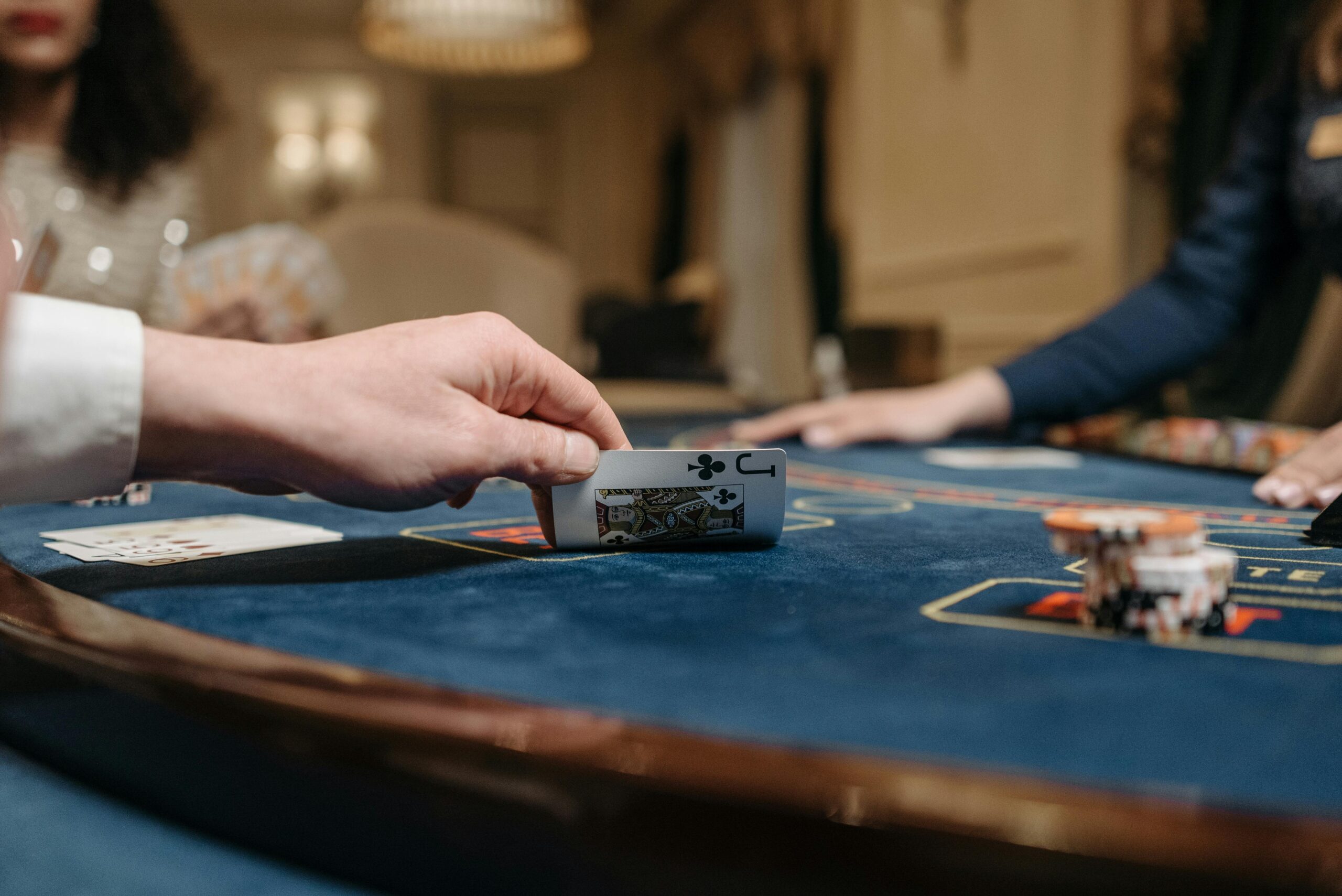People think of poker, and they might also think about bluffing straight away. It is one of the skills involved in the game. It is also something that leads to many dramatic moments in games. Poker is one of the most famous card games around the world. There are loads of reasons why people enjoy poker.
Even people who’ve never played poker have probably heard about bluffing. But what exactly does it mean to bluff, and why do poker players do it?

The World of Poker
First, let’s look at poker itself. Poker isn’t just one game. There are lots of different versions, each with unique rules and ways of playing. The most popular form of the game is Texas Hold’em. All versions have their own strategies and ways to win. Bluffing is a big part of Hold’em as well as some of the other main forms of the game. Choosing the right poker game depends on what players enjoy most. There are forms of poker and other varieties of the game that don’t really let you bluff at all.
Hold’em is a game that’s famous for bluffing. Players only see a few cards face-up on the table, and everyone keeps their other cards secret. Because players don’t know what cards everyone else has, bluffing becomes a big part of the strategy. There are different ways people engage with poker online. Bluffing is about reading people – this means that there are some visual cues. Online, it is harder to spot those. But bluffing is still a huge part of the game.
In stud poker, more cards are face-up. When more cards are visible, bluffing is trickier. Players rely less on bluffing and more on careful play. Knowing the right game helps players decide if bluffing suits their playing style or not.
You might have heard of a “tell” in poker. This is when people reveal their cards through their body language. It is all about being able to understand how people are reacting to the cards on the table. A tell is even something explored in detail by some of the best poker players ever – Daniel Negreanu devotes a section of his Masterclass to it!
View this post on Instagram
What Exactly is Bluffing?
Bluffing is a simple idea. It means making other players think you have better cards than you actually do. Players do this by betting or acting confidently (even if their hand isn’t very strong). The goal of bluffing is to convince others to fold (quit the round) so you win without showing your cards.
For example, imagine someone has weak cards, but they keep betting strongly and acting very confident. Other players might believe them and decide their own hands aren’t good enough. They might fold instead of risking losing chips. The bluffing player can potentially win with a weaker hand. This is one of the things that makes poker pretty intriguing.
READ MORE: Pokercoaching.com’s Complete Guide to Bluffing
Bluffing can also work the other way around. A player with strong cards might pretend their cards are weak and hope that others keep betting and building the pot. This helps the bluffing player win more if the strategy works. Either way, bluffing is all about creating uncertainty. It involves making other players unsure about your real cards and intentions.
The term is so ubiquitous that we also see it in the media. There are a lot of examples in the media – there was even a popular game show called Call My Bluff.
When Might Players Choose to Bluff?
People don’t bluff randomly. It is also important to say that it doesn’t always work! Successful bluffing happens at certain moments when it makes sense. Players usually pick specific times to bluff, based on the game situation.
When Few Players Remain in a Round
If only a couple of players are left in a hand, bluffing can work better. Fewer players mean fewer opponents to convince. It’s easier to make one or two players fold rather than four or five. Players often bluff when the table gets quieter and the stakes feel more personal.
When Cards on the Table Seem Strong
Sometimes, the community cards (the ones everyone can see) look really strong, like they could form a great hand. Even if a player’s personal cards aren’t strong, they might bluff because the visible cards suggest a good hand. Other players might assume the bluffing player holds strong matching cards and fold because of it.
When an Opponent Seems Uncertain
Good poker players watch their opponents closely. They look for signs of uncertainty or hesitation. If another player looks unsure about their cards, it might be the perfect moment to bluff. The hesitant player might easily fold.
Conclusion
This is just one part of the rich tapestry of the game of poker! Some people choose to bluff a lot in the game. Some players have reputations for very rarely bluffing. There are potential benefits but like all aspects of poker, the outcome is never certain.





